

Game Rant’s Ryan Blanchard reviews Runespell: Overture
In the sea of available video games on the market, it can sometimes be difficult to find a truly original concept. While generic first-person shooters are a dime-a-dozen, it’s refreshing to see a game that doesn’t mind trying something new. Due to the risk associated with breaking away from the ordinary, there are many developers that tend to shy away from the idea. There are other developers though, that see this as a challenge and set out to make a game that truly feels new. Runespell: Overture is one such game.
As the first offering from developer Mystic Box, Runespell: Overture blends two unlikely genres and successfully creates a gaming experience that really feels fresh. At its core, Runespell: Overture is an RPG, allowing you to traverse a world map as you visit villages, talk with the denizens of the world and complete quests. Jumping into battle though, the mechanics of poker become the game’s focal point, combining cards into hands in order to deal damage to your enemy.
Upon first laying your eyes on the game, you’ll immediately notice that a lot of care was put into ensuring that things looks beautiful. While it draws upon familiar fantasy tropes, the art all throughout the game is top-notch. Not only is it clean and distinct, but it doesn’t manage to take any of the player’s attention away from the rest of the game. Rather, it works with the game in order to hammer home the narrative and complement the game’s combat.
Turning to the game’s narrative, Runespell: Overture places you in control of a mysterious stranger known as the Changeling, who travels through an alternate take on medieval Europe where monsters run rampant and magic is commonplace. As the Changeling makes his way through the hostile environment, he comes across villages filled with people who he can talk to in order to learn more about the world, and ultimately uncover the secrets surrounding who and what he actually is.
The game’s story is told through text-based dialog between characters before and after battles, giving the the player the ability to choose how their character responds. Those choices do nothing to change the flow of the game’s story though, and they can be skipped entirely to jump right into the action. This isn’t necessarily a bad thing, but by offering alternate narrative paths for the player, it would feel as if they were in more control of the story.
It is for this reason that, while the plot that unfolds is interesting and worth following until the end, the illusion of choice still doesn’t help to remove the disconnect that players will feel regarding the Changeling. For some, this may work to the game’s advantage, as that’s exactly how the character feels about the world and people surrounding him. But for others, the plot may not manage to truly immerse them.
Luckily though, whether you find the plot compelling or not, it just serves as a method to break up Runespell: Overture‘s extremely enjoyable core gameplay. It plays in very much the same way as Puzzle Quest does, in that both you and your opponent possess an avatar with a set of stats and skills which can be used throughout the battle. Where it differs is that instead of matching groups of similar icons, Runespell: Overture tasks you with manipulating piles of cards in order to create poker hands.
Each player has seven stacks of cards in front of them, readily viewable by their opponent. On your turn, you are able to make 3 moves as you work towards creating a poker hand of five cards which dictates how much damage you will inflict on your foe. The twist though, is that during your turn, you can pick up your opponent’s cards in addition to your own. As long as there is only a single card face up in a given pile belonging to your opponent, you have the ability to add it to one of your own stacks. This also means that your opponent can do the same when it comes time for their turn.
As play progresses and stacks of five face-up cards are created, you can then unleash them on your opponent in order to whittle away at their health. This also generates Rage Points for both players which can be used in order to make use of any special abilities that you have assigned before going into battle. These can range from limited-use skills bought in shops to abilities executed by your partners who jump into battle to help you out.
While there’s no doubt that players will have their own reservations regarding the gameplay, it’s actually an extremely entertaining setup that rewards strategic thinking, even if the A.I. can be rather punishing at times. The strategy involved is further strengthened by allowing players to equip a set of special cards before battle that dictate not only which spells they can use, but what passive abilities they will make use of. This allows players to tweak their play-style to better compete against the enemy at hand.
These skills, combined with the random nature of the cards means that no two battles are the same. From the very beginning of the game to the end, you never feel like you or your opponent outclass one another, so there is a constant struggle for victory which makes each battle just as exciting as the last. Despite this though, with the game revolving around a single gameplay concept, no matter how well executed, some gamers will surely complain that it is repetitive.
While this may be true for some, Runespell: Overture draws upon the fundamental concepts that have made Popcap so successful. Even though the gameplay that’s on display remains largely unchanged from the beginning of the game to the end, the truly addictive nature of the combat is what will keep players coming back. There’s no denying the incredible amount of polish that Mystic Box has managed to squeeze into the game, and it’s evident in every one of the game’s facets.
While it may not appeal to everyone, Runespell: Overture successfully marries together two genres that otherwise would not seem to fit. All of the game’s elements — from visuals to narrative to gameplay — feel cohesive and come together to create an incredibly addictive and enjoyable gaming experience. Though some gamers may be turned off by the seemingly repetitive nature of the combat, Runespell: Overture is the perfect example of a “one more turn” mentality that will keep you coming back for more long after you’ve completed it’s story.
Runespell: Overture is available now on the PC and Mac through Valve’s Steam distribution service.
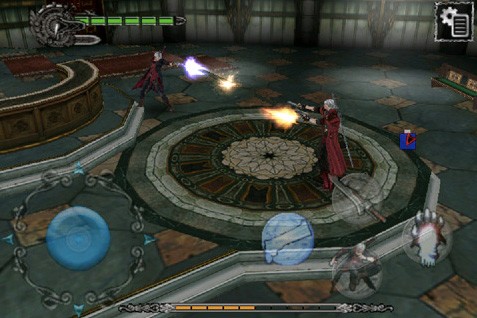
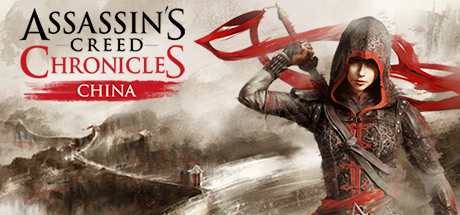
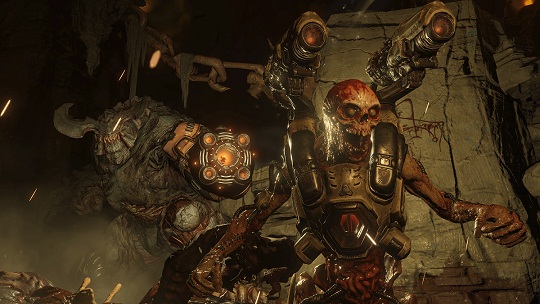
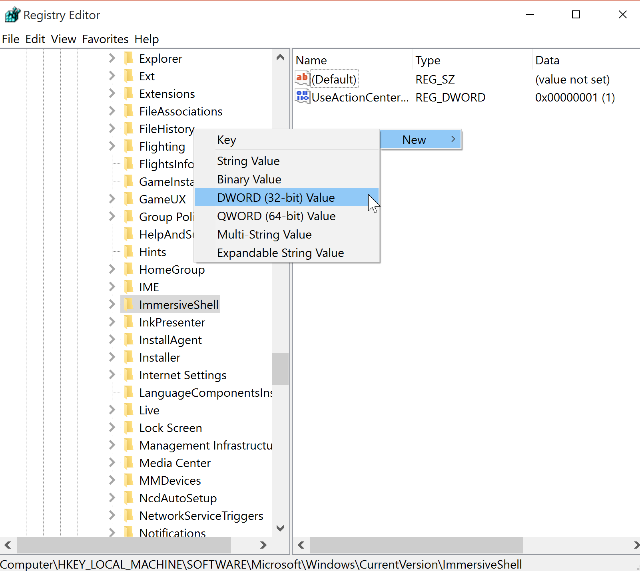
 MMORPGs – Still a Working Formula?
MMORPGs – Still a Working Formula?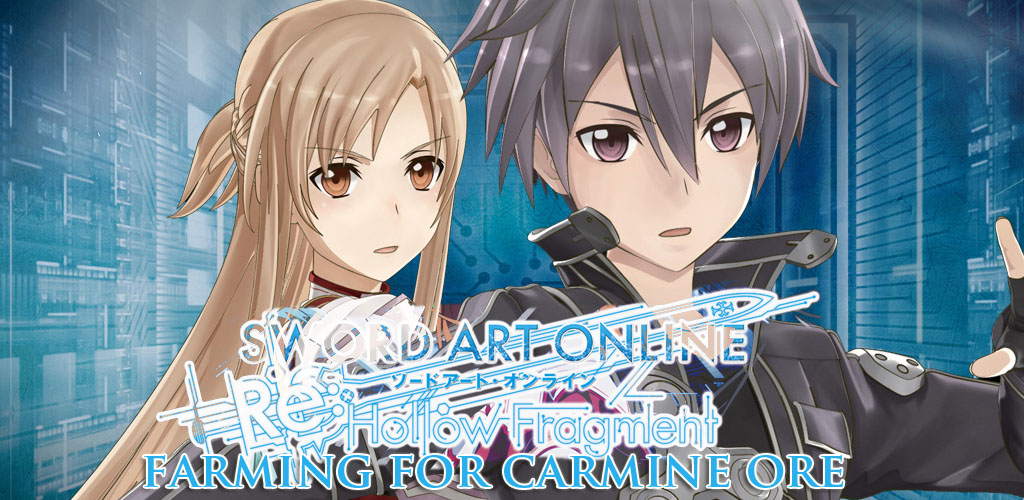 Sword Art Online Re; Hollow Fragment Carmine Ore Farming
Sword Art Online Re; Hollow Fragment Carmine Ore Farming The Easiest Way to Scan Files for Viruses in Windows 10
The Easiest Way to Scan Files for Viruses in Windows 10 All Steam Machines Prices And Specs Guide
All Steam Machines Prices And Specs Guide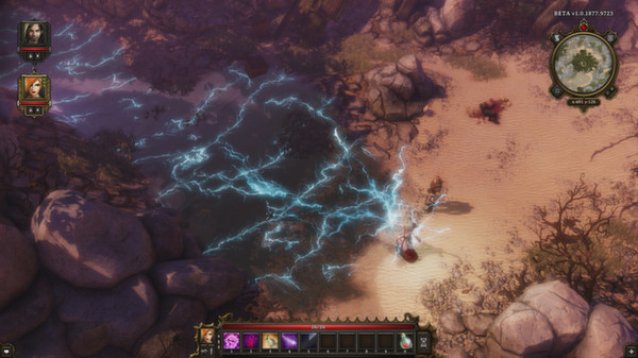 Divinity: Original Sin Review
Divinity: Original Sin Review